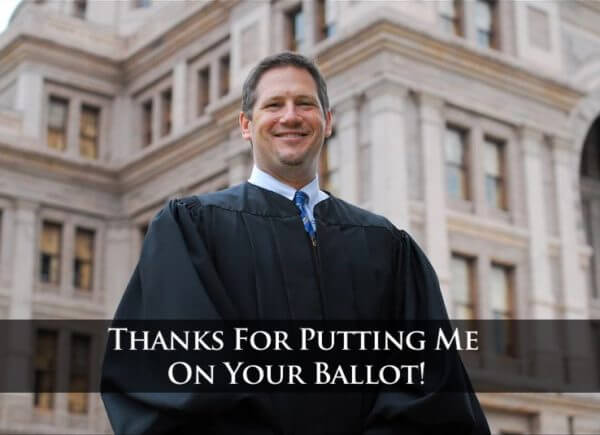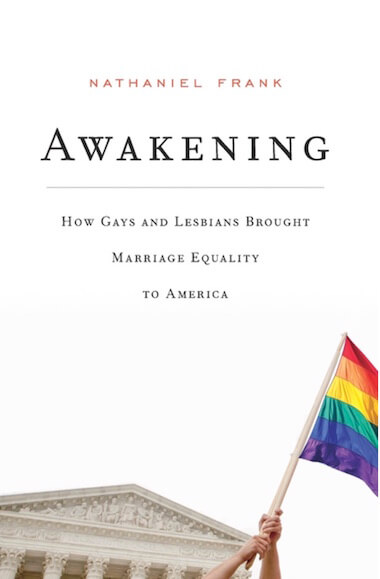Rentboy.com's homepage. | RENTBOY.COM
BY DUNCAN OSBORNE | Depending on the charges they eventually face, the seven defendants in the rentboy.com case could face significantly increased prison sentences under federal law as compared to the sentences for the state laws that form the basis for the prosecution of the popular escort website.
“The same basic crime can have a higher sentence when federal just because Congress said so,” wrote Samuel W. Buell, a law professor at Duke University. “The idea in part is that federal prosecutors have a discretionary docket… and can/ should use their discretion to use these statutes when serious problems are involved (e.g., national conspiracy networks, organized crime, etc) that call for stronger tools, in part to create more leverage to develop witnesses against otherwise difficult to prosecute people.”
The seven defendants, including Jeffrey Hurant, rentboy.com’s chief executive, are charged under the federal Travel Act, a 1961 statute that makes crimes that are typically, though not always, prosecuted by state prosecutors –– such as prostitution and gambling –– federal crimes when they are committed across state or foreign borders or done by using the mail, a telephone, or the Internet.
Use of 1961 US Travel Act exposes rentboy.com defendants to greater prison time
In the rentboy.com case, the predicate state charges are promoting prostitution in the fourth degree, which is an A misdemeanor with a sentence of up to a year in jail, and promoting prostitution in the third degree, which is a D felony with a sentence of up to seven years in prison. The Travel Act, which is rarely used by federal prosecutors, carries a sentence of up to five years in prison.
These charges were cited in the complaint, which was authored by Susan Ruiz, a special agent in the US Department of Homeland Security (DHS). The complaint established probable cause for the August 25 arrests of the rentboy.com staff and the search of the company’s Manhattan offices. The final charges they face may be different. DHS led the investigation.
“That’s an unusual comparison because we don’t know much about the defendants and what kind of evidence there is,” said William Dobbs, a gay civil libertarian, of the disparate sentences.
In enacting the federal statute, Congress presumably believed these were serious crimes so the lower federal prison sentence for the D felony makes little sense. Except for the interstate aspect, the predicate crimes are the same whether charged under federal or state law so the possible 400 percent increase in prison time for the A misdemeanor is similarly irrational.
“I don’t know the facts of this case, but the power of Internet hubs to foster crime has been a general concern for the feds recently (wikileaks, bitcoin, silk road, etc.),” Buell wrote. “I would also expect the government to have looked at the Mann Act in this case (a federal prostitution (or anti-pimp) statute; was involved in the [former Governor Eliot] Spitzer case), except that the statute is really old and it might actually still be gendered.”
The rentboy.com arrests and raid have prompted condemnations from at least 28 organizations, including the New York City Anti-Violence Project, Lambda Legal, the National Center for Lesbian Rights, the Transgender Law Center, the National Center for Transgender Equality, and the National LGBTQ Task Force.
The outcry in the community grassroots on Facebook and websites came quickly and it was loud. Activists were less interested in commenting on the disparate sentences and more interested in advancing the demand that the charges be dismissed against the rentboy.com staff.
“The charges must be dropped,” said Allen Roskoff, president of the Jim Owles Liberal Democratic Club, an LGBT political group. “The federal government going after a victimless crime is absurd on its face… Reading the complaint, the federal government is more interested in the sex people have, which clearly makes it homophobic.”
To establish that rentboy.com was aware that the escorts who were advertising on its site were exchanging sex for money, and so the site was promoting prostitution, the complaint had highly detailed descriptions of the sex being offered.
“The whole case is a lot of trumped up charges,” Dobbs said. “Based on the reaction of the public, the US Attorney stepped in it.”
The case is being prosecuted by the US Attorney for the Eastern District of New York, which is headquartered in Brooklyn, and not the US Attorney for the Southern District of New York, which is headquartered in Manhattan where rentboy.com was located.



































